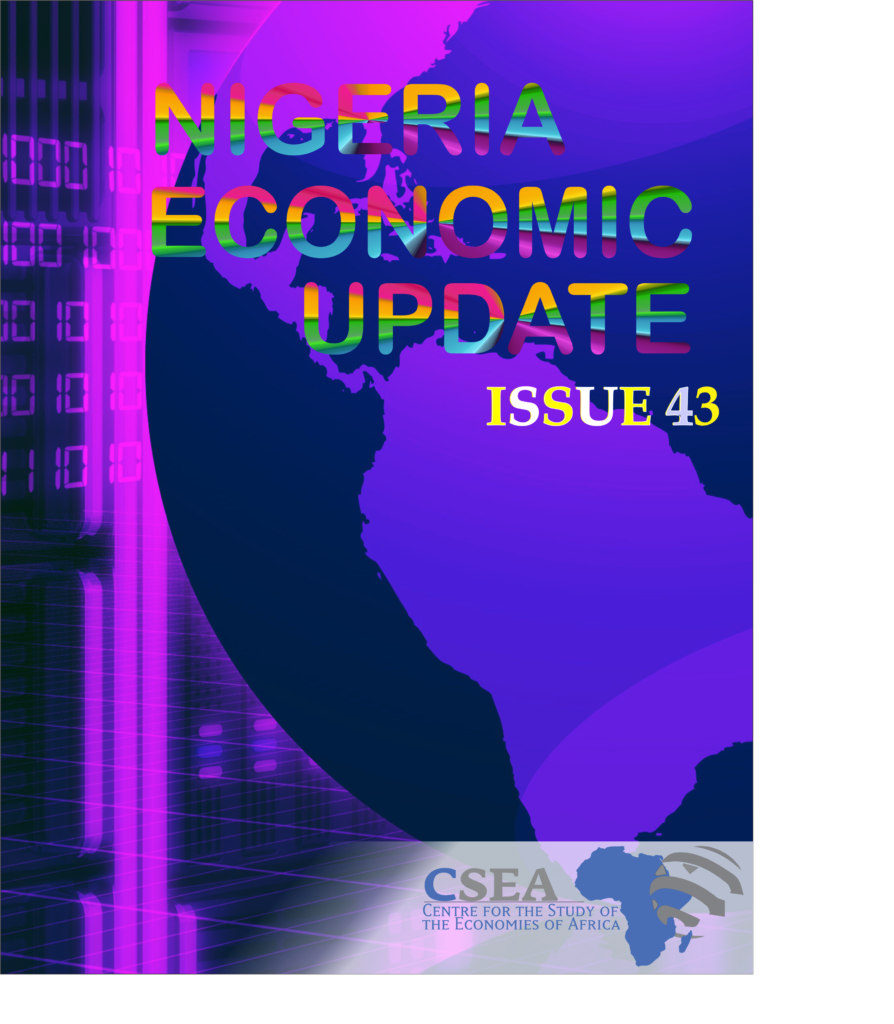The CBN quarterly consumer expectation survey shows that consumers expressed optimism as outlook for the third quarter of 2018 was positive. Relative to 2018Q2, consumer index increased from -6.3 index points to 1.5 index points.1 Some respondents attributed their increased confidence to improved economic conditions. Consumers also had a favourable outlook for the next quarter and the next 12 months at 24.7 and 30.1 points respectively, owing to expected increase in net household income and the anticipated improvement in Nigeria’s economic conditions. With rallying global oil prices and some stability in the Naira buttresses consumers’ economic expectations, some indicators cast gloomy prospects. These indicators include: capital flow reversals from Nigeria due to consecutive increases in the United States’ benchmark interest rate, as well as Nigeria’s depleting external reserve, declining equities market performance, and uncertainties in the political environment in lieu of the 2019 general elections
Macroeconomic Report & Economic Updates

November 6, 2018
Nigeria Economic Update (Issue 43)
The CBN quarterly consumer expectation survey shows that consumers expressed optimism as outlook for the third quarter of 2018 was positive. Relative to 2018Q2, consumer index increased from -6.3 index points to 1.5 index points.1 Some respondents attributed their increased confidence to improved economic conditions. Consumers also had a favourable outlook for the next quarter […]
Read →
Related
Nigeria Economic Review
Global economic growth remained
fairly stable in 2016Q3 with baseline projections for global growth at 3.1 percent and 2.4
percent by International Monetary Fund (IMF) and the World Bank respectively.
Growth in developed countries was moderate but unevenly distributed: while the
U.S and the UK showed improvements, growth in other economies remained tepid.
Among emerging countries, India witnessed higher growth while growth in China
remained constant but the Chinese Yuan continued to appreciate. Given that
India is Nigerias major crude oil importer, improving economic conditions in
India may translate into rising demand for Nigerias crude oil. However, the
continuous appreciation of the Yuan poses significant inflationary threat in
Nigeria given the high level of imports from China. Subdued global demand, weak
trade, uncertainties in commodity prices and consequences of the Brexit were
the key constraining factors to growth over the period. In addition, growth in
Sub-Saharan African countries remained generally slow on the account of low
commodity price, political turmoil, and inconsistent government policies.
